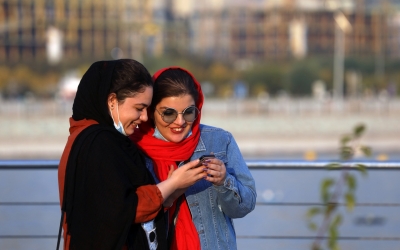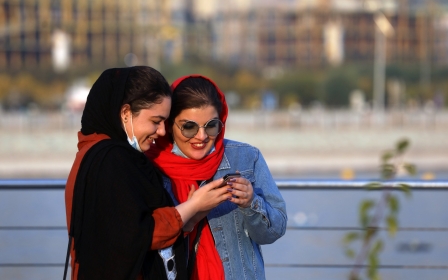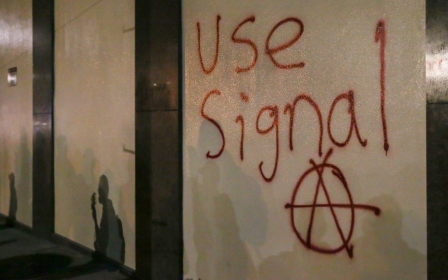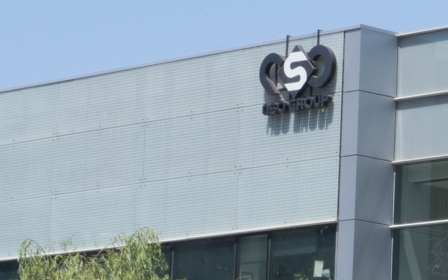Signal asks users to set up TLS proxy servers to help Iranians 'bypass' censorship
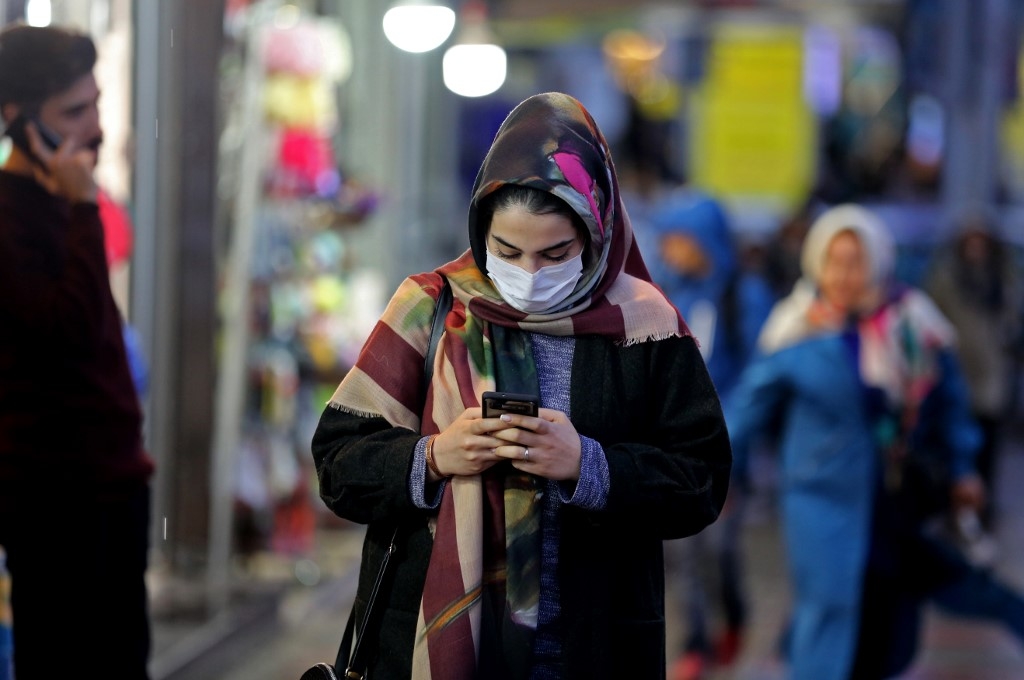
Signal has asked users to set up TLS proxy servers to help Iranians bypass censorship of the app, after Iran blocked the encrypted messaging platform.
A TLS proxy, or Transport Layer Security, provides additional networking services against a DOS (denial of services) attack used to block websites or applications.
The call comes after Signal vowed to Iranians that it would help them bypass the restrictions, which came in last month.
Signal said it was "working around Iran's censorship" after becoming the most downloaded app on Iranian app stores.
Thousands of Iranians flocked to Signal after Facebook-owned WhatsApp announced plans to overhaul its privacy policy.
Signal is an encrypted end-to-end messaging app used by journalists and activists worldwide and considered the most secure service of its kind.
Hossein Derakhshan, a researcher who spent six years in Iran's notorious Evin prison, said the creation of TLS proxy servers may put some people off using Signal.
"Proxies are great but it will slow things down, which put off most average users who are used to WhatsApp or other apps and do not care much about surveillance," Derakhshan told Middle East Eye.
Blame game
An Iranian filtering committee blocked Signal after it alleged the app hosted "criminal content". However, neither the government nor the judiciary, which both sit on the committee, are taking responsibility for the move.
An Iranian judiciary spokesperson distanced himself from blocking Signal, saying it had not "blocked any media, news outlet or messaging service" since 2019.
The "Identifying the Criminal Content Working Group" consists of six government ministers and seven officials from other authorities.
Only the judiciary, whose chairman is chosen by the supreme leader, and a "working group" committee, can block websites and applications in Iran.
The filtering committee regularly identifies and blocks apps and websites inside Iran.
Raja News, a conservative website close to the judiciary, quoted a source as saying the restrictions on Signal are related to a 2017 decision by the working group. However, it gave no rationale for why they were being implemented now.
Signal was previously blocked between 2016 and 2017. It joins Telegram, Twitter, Facebook and YouTube, which Iranian authorities have also blocked.
Government vs Judiciary
Signal is part of a broader row between the government and judiciary over social media censorship.
Last month, communications minister Mohammad-Javad Azari Jahromi was summoned to court after being accused of not following judiciary orders to restrict Instagram and other foreign social media apps.
When Jahromi's summoning was leaked to media, the judiciary quickly denied it had anything to do with blocking Instagram.
However, the communications ministry later released two pages of court documents proving the minister was indicted over refusing to filter Instagram.
Government spokesman Ali Rabiee used Instagram to warn that blocking the app would push about a million Iranians into unemployment and poverty. Around 24 million Iranians are thought to be on Instagram.
President Hassan Rouhani responded furiously to Jahromi's summoning, saying on 27 January: "If you want to try someone, try me," while noting that social media is a tool used to expose corruption.
An analyst close to the government told Middle East Eye the judiciary and hardliners were determined to make Iranians pessimistic about reformist candidates ahead of June's presidential elections.
"As Rouhani is close to the end of his tenure, the judiciary and hardliners are determined to make sure Rouhani has no encouraging legacy to make people totally pessimistic about reformists and moderates," said the analyst.
Rouhani has two legacies, according to the analyst: "One is the 2015 nuclear deal, which is somehow in intensive care, and the other is his striving to keep social networks open and unblocked."
Middle East Eye propose une couverture et une analyse indépendantes et incomparables du Moyen-Orient, de l’Afrique du Nord et d’autres régions du monde. Pour en savoir plus sur la reprise de ce contenu et les frais qui s’appliquent, veuillez remplir ce formulaire [en anglais]. Pour en savoir plus sur MEE, cliquez ici [en anglais].


